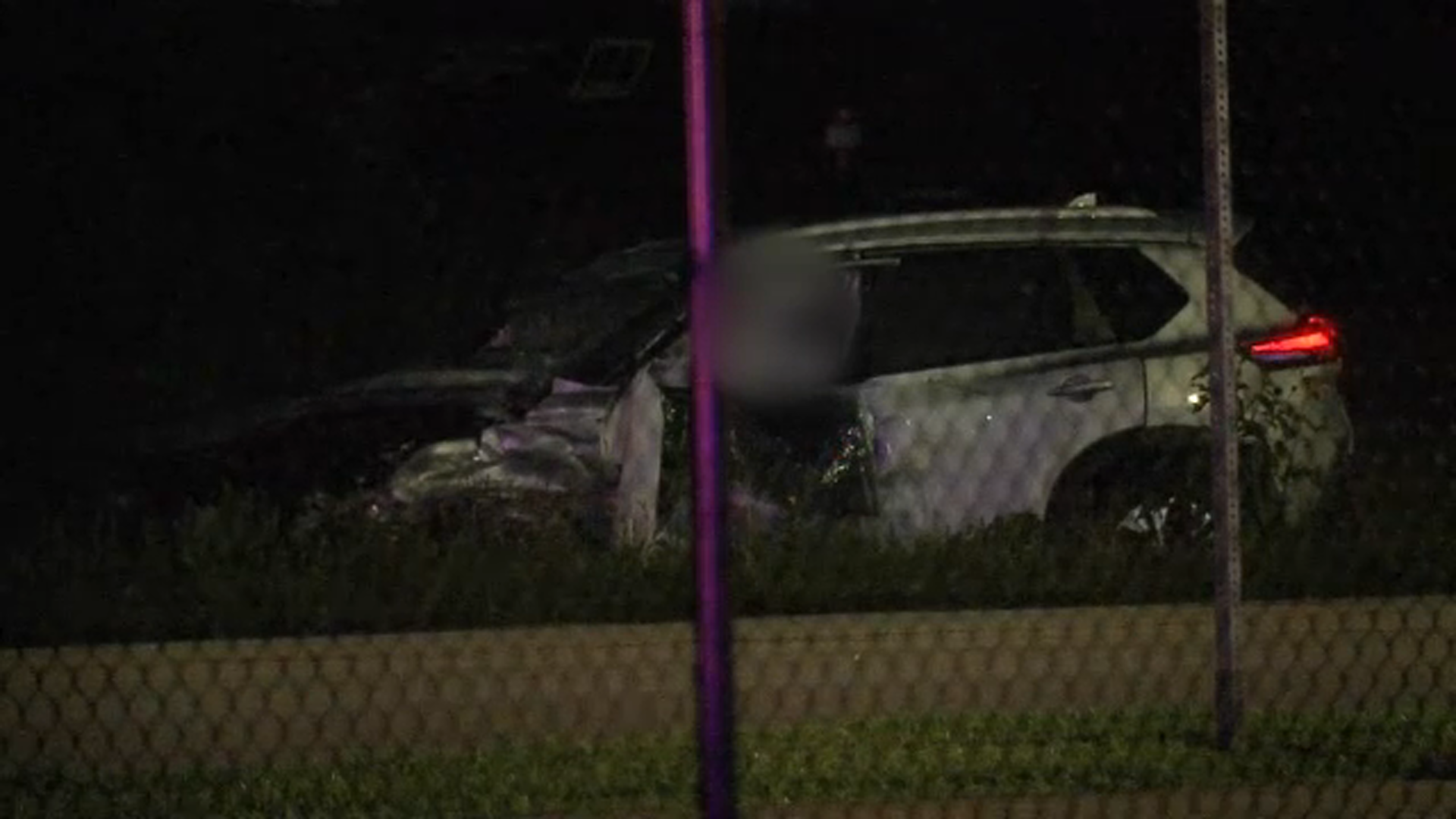Kerry Meets With Putin in Moscow to Discuss Syria

MOSCOW -- U.S. Secretary of State John Kerry is meeting with Russian President Vladimir Putin today in Moscow as part of a visit intended to see if Russia and the U.S. can push forward a political transition to end the war in Syria, a month after a partial ceasefire dramatically reduced fighting there.
Sitting across from Putin in the Kremlin before the meeting, Kerry said he believed both Russia and the U.S. "had ideas" for how to move forward on Syria and Ukraine, two crises that have dominated global attention for the past two years.
But in addition to looking to make progress on those issues, Kerry appeared to signal that the U.S. is ready to try to use recent cooperation over Syria to begin reconstructing Washington and Moscow's relationship that has been characterized by Cold War levels of hostility since Russia invaded Crimea in 2014.
"I look forward very much to the opportunity tonight to be able to find a way forward," Kerry said, before pausing for effect to add, "And frankly, ultimately see if we can't rebuild and strengthen the relationship between United States and Russia by proving we know how to so solve serious problems together and building from there."
Kerry was dispatched to Moscow by President Obama after Putin's sudden announcement last week that he was largely withdrawing Russia's forces from Syria, after a six-month air campaign aimed at supporting the government of President Bashar al-Assad. The move caught the White House by surprise and U.S. officials have described Kerry's trip as an exploratory mission to feel out what steps the Kremlin is ready to make in Syria following the withdrawal and the establishment of a partial ceasefire there.
The ceasefire, which went into effect on Feb. 27, has prompted a dramatic drop in violence across Syria, despite some violations, with dozens of opposition groups agreeing to abide by it.
With the ceasefire agreed by Russia and the U.S. now largely holding, State Department officials said it was the moment to see what Moscow was prepared to do in pushing forward a peace process, gingerly relaunched in Geneva this month and which so far has been thin on specifics for how Syria can move to a new political order after 5 years of devastating conflict.
"We obviously also have some ideas for how we can most now effectively make progress in Geneva and begin the very serious and difficult work of transition," Kerry told Putin.
Speaking before Kerry's trip, a senior State Department official told reporters that the visit was about "getting down to brass tacks on what that political transition looks like." Chief among these, the official said, is whether Russia now was willing to help Syria "transition away from" President Assad.
Kerry's meeting with Putin followed a 4-hour discussion with Russian Foreign Minister Sergei Lavrov on Syria and Ukraine. The U.S. official said the U.S. was trying to understand what Russia is willing to push the Syrian government on at the Geneva talks, which were relaunched in mid-March.
Those talks, which paused for a hiatus today, are threatening to founder on the lack of concrete steps put forward by the Syrian government on how it views a political transition taking place. So far, only basic starting principles for negotiating have been agreed upon but little else. On Sunday, the opposition umbrella group at the talks, the High Negotiations Committee, complained that the government was refusing to offer any specifics for creating a unity government and warned that if it continued, the opposition would be forced to walk away.
But it is the question of Assad's future that poses a particular danger to the talks, with the opposition still far from the regime on the issue. HNC representatives this week repeated that Assad can have no role in any transitional government.
But a representative from Syrian opposition groups based in Moscow and backed by the Kremlin told ABC News today that the question of Assad's removal was only "a third-order question." The representative reiterated the Kremlin's position that Assad's fate can be left till later.
It still far from clear that Russia, which has used its military to prop up Assad, is now ready to push him to step down. Russian officials have repeatedly said a transitional government can be negotiated before Assad's fate is decided.
In the exchanges before the meeting, Putin gave little away on whether his position had changed, spending most of his time indulging in an extended and peculiar joke about Kerry's luggage.
Putin said he was distressed to see that the secretary of state was carrying his own luggage, wondering at first whether it was a sign of economic hard times in the U.S. But, Putin went on, he had then thought "there was probably something in that case that you didn't trust anyone else with. Probably you have brought some money to us. To haggle with."
Kerry responded that when he and Putin had a private moment, he "would show you what I have in my briefcase and I think you'll be pleasantly surprised."




